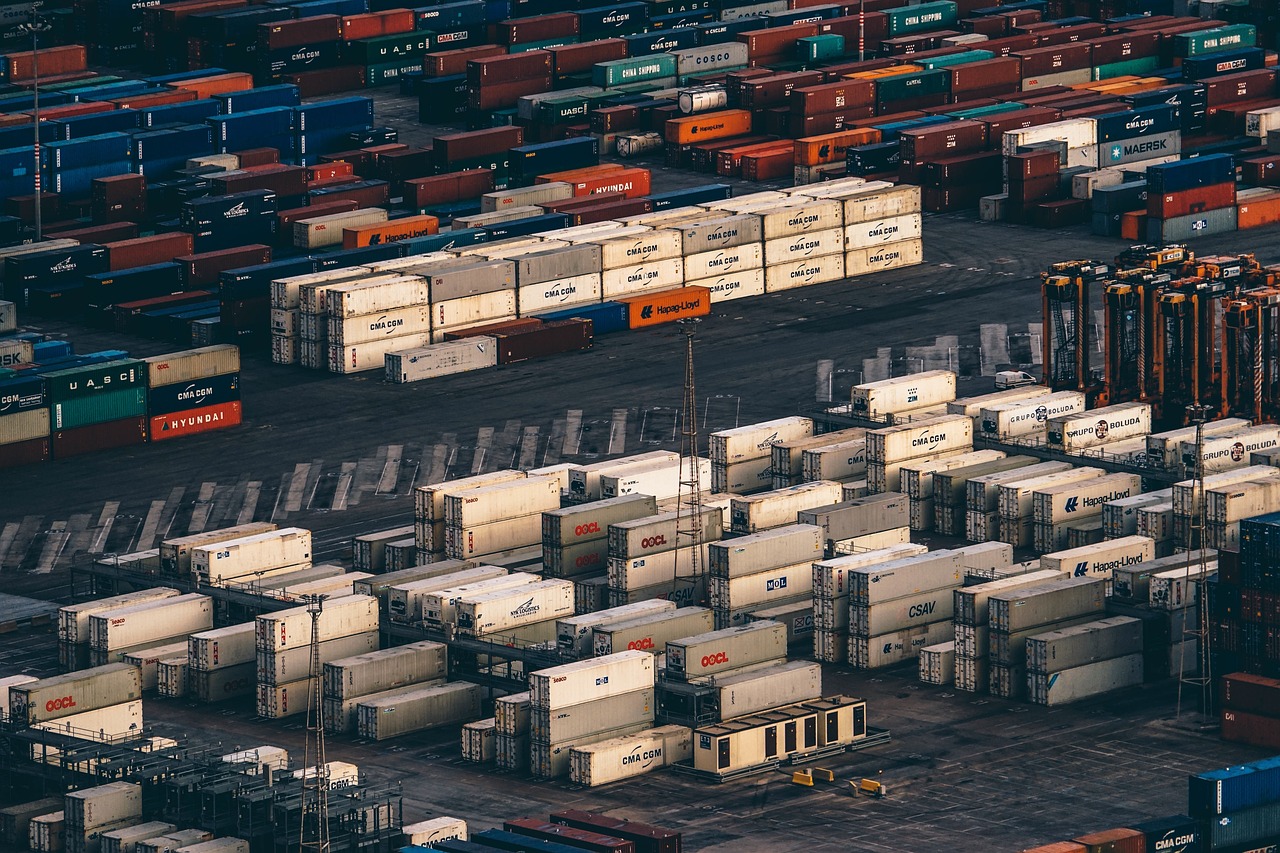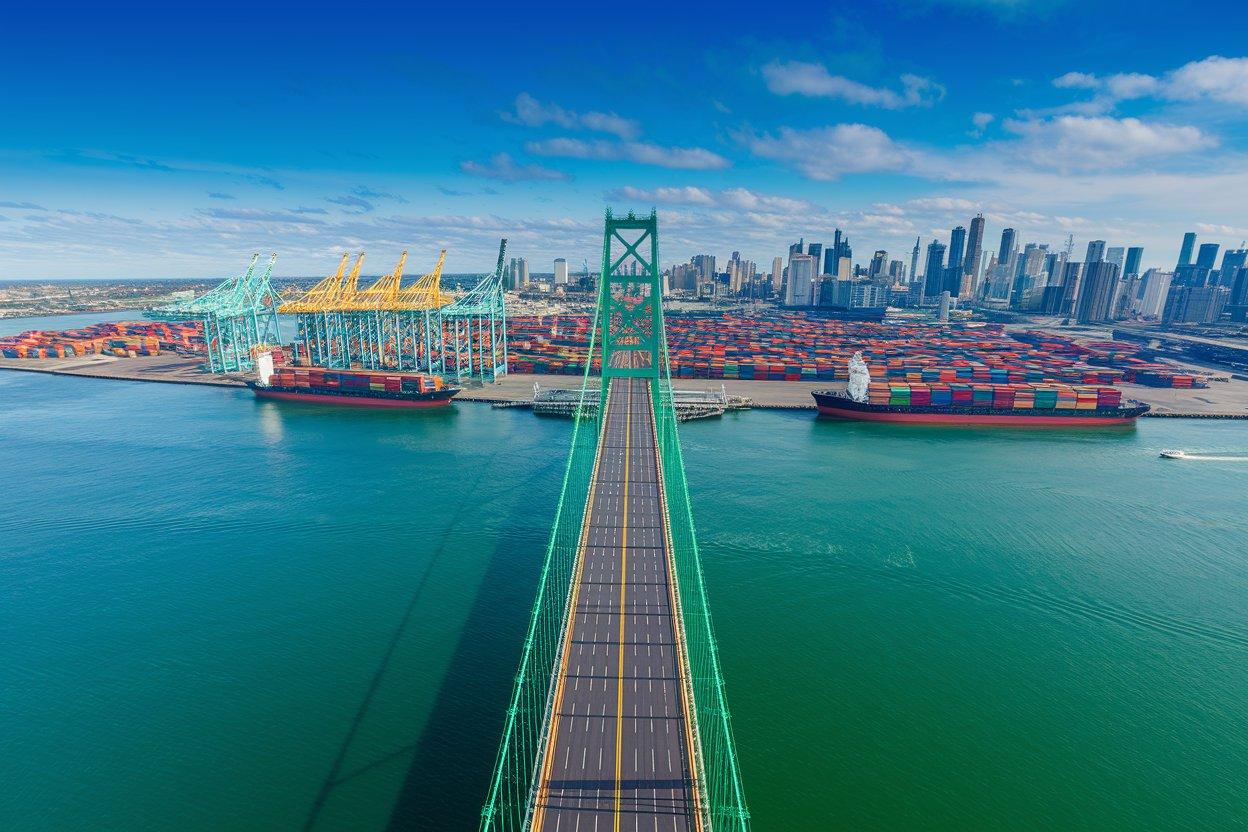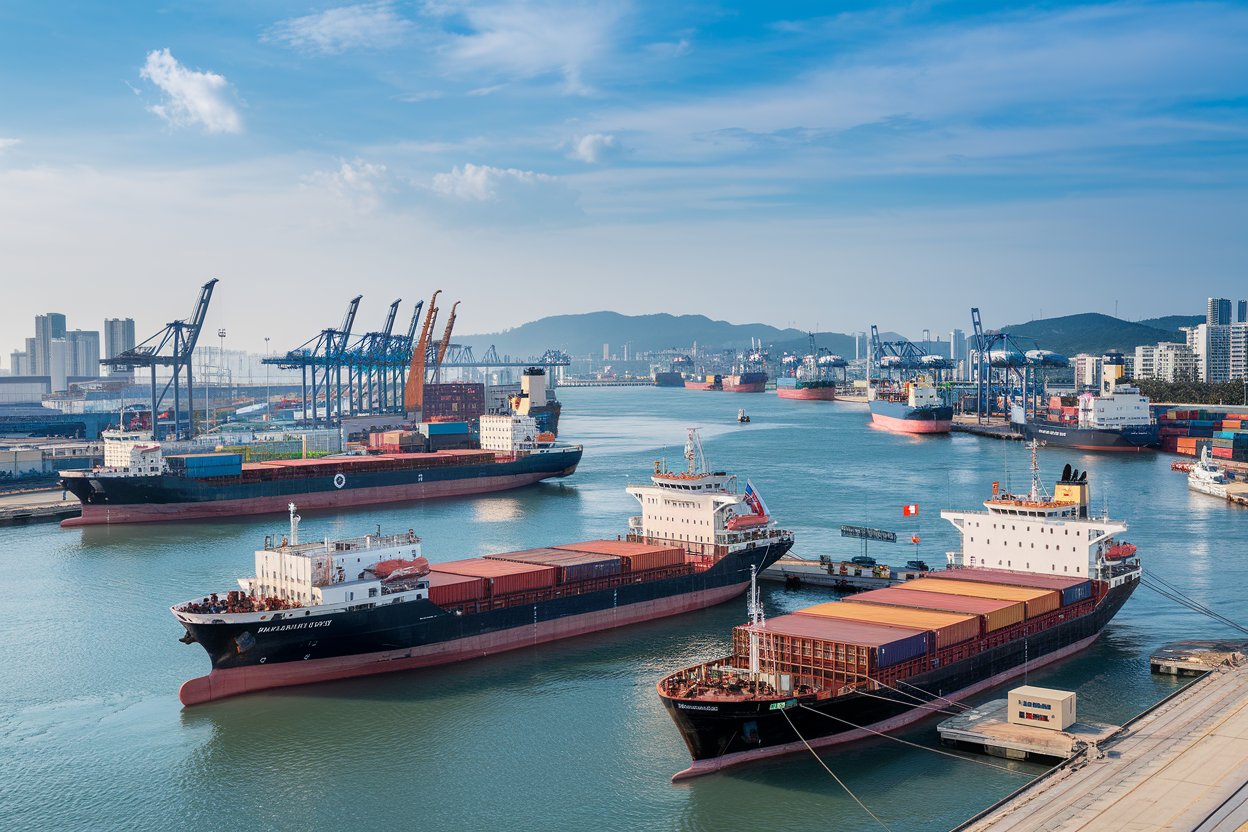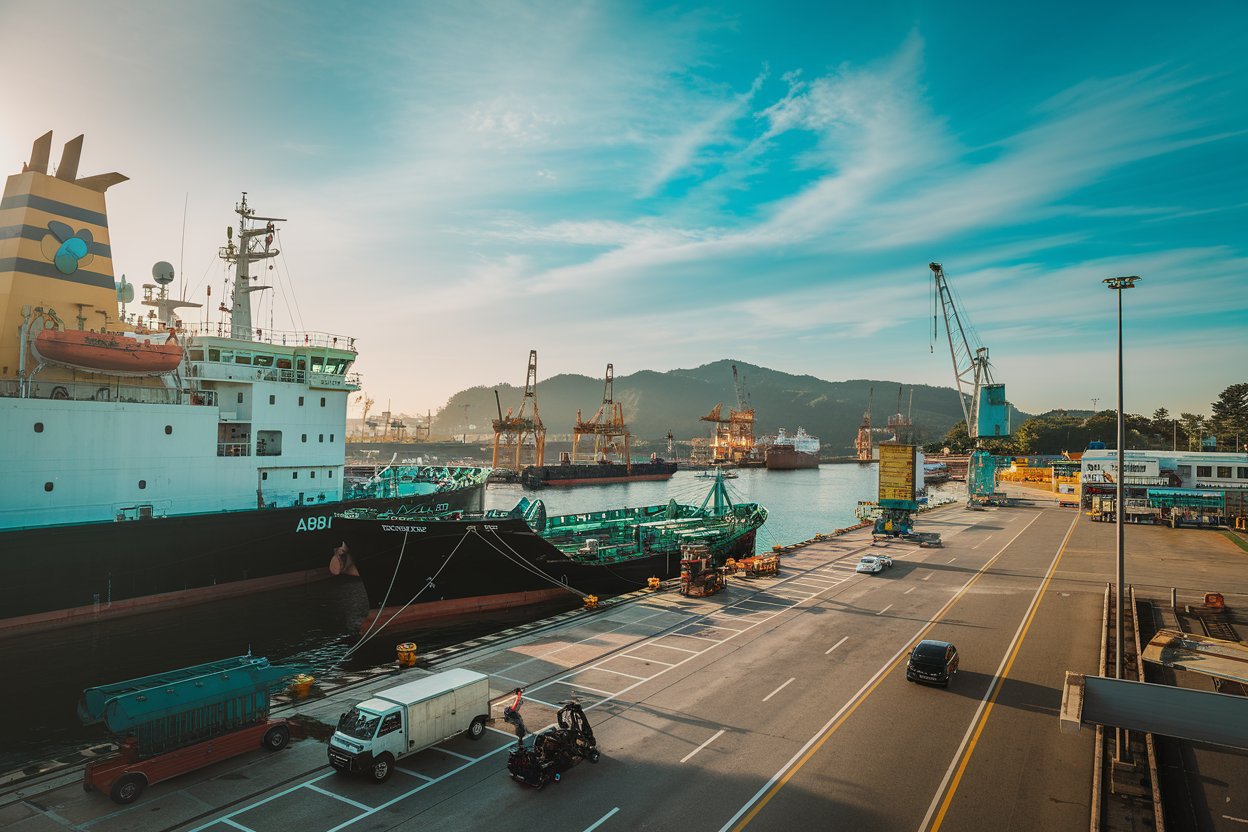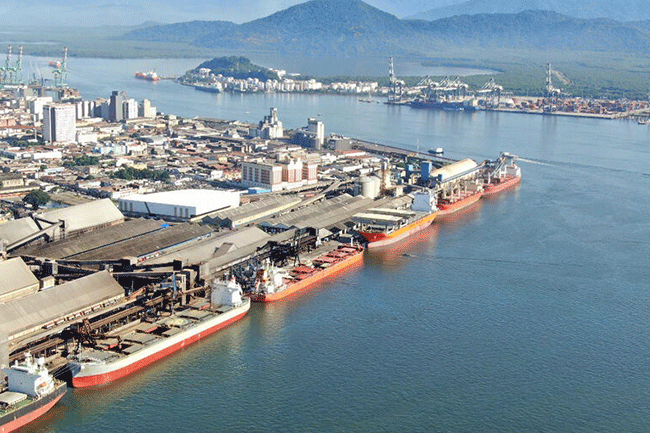- 20 Years of Expertise in Import & Export Solutions
- +86 139 1787 2118
Home » Trade Basics » What exactly should an export agent be called? What are the professional terms for foreign trade intermediaries?
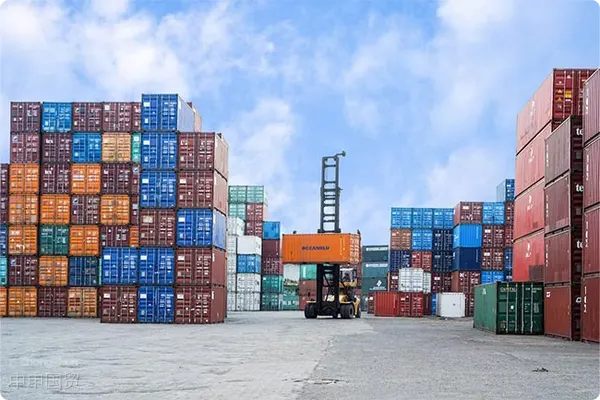
Why?Export Agency?Why are there so many different names?
In international trade practice, export agency services are referred to by various professional terms depending on the scope of business and service models:
- International Freight Forwarder (Freight Forwarder): Focusing on the logistics and transportation segment
- Export Management Company (EMC): Provide end-to-end trade services
- Trade Compliance Consultant: Specializing in customs clearance and regulatory affairs
- Supply chain solution provider: Integrate upstream and downstream resources
How to accurately distinguish between different types of service providers?
In 2025, global trade service providers will exhibit a trend of professional specialization, which can be identified through the following dimensions:
- Service Scope
- Basic Type: Only provides document preparation (accounting for approximately 35% of the market).
- Comprehensive Type: Includes logistics + customs affairs + financing (growth rate to reach 18% by 2025)
- Pricing model
- Commission system: Charged based on a percentage of the transaction amount.
- Service Fee System: Billed by Project Phase
What are the differences between emerging service providers and traditional agents?
According to the latest research from the General Administration of Customs in 2025, digital transformation has become a watershed:
- Traditional agent:Reliant on manual operations, with an average customs clearance time of 72 hours.
- Intelligent service provider: Utilizing blockchain technology to achieve 24-hour rapid customs clearance.
What risks should be considered when selecting a service provider?
Based on 20 years of professional experience, it is recommended to focus on verifying:
- Qualification documents
- Customs AEO Certification (the 2025 edition of the certification standards has been implemented)
- Risk Scanning:
- Risk Case
- A company was fined 370,000 euros by the European Union in 2024 due to its agency's lack of hazardous chemical transportation qualifications.
- ?E-commerce?Due to the use of non-compliant customs clearance channels, the entire container of goods has been detained at the port.
What are the changes in the selection criteria for service providers in 2025?
According to the latest WTO Trade Facilitation Agreement, it is recommended to focus on:
- Risk Response Mechanism
- E-bill of lading application coverage rate
- Intelligent customs declaration system response speed
- Green supply chain
- Carbon Emission Calculation Service
- ?New Energy?Transportation Equipment Allocation
Resources
Contact Us
(+86) 139 1787 2118
Email: service@sh-zhongshen.com
Email: service@sh-zhongshen.com
Recommended for You
Contact via WeChat

? 2025. All Rights Reserved.
